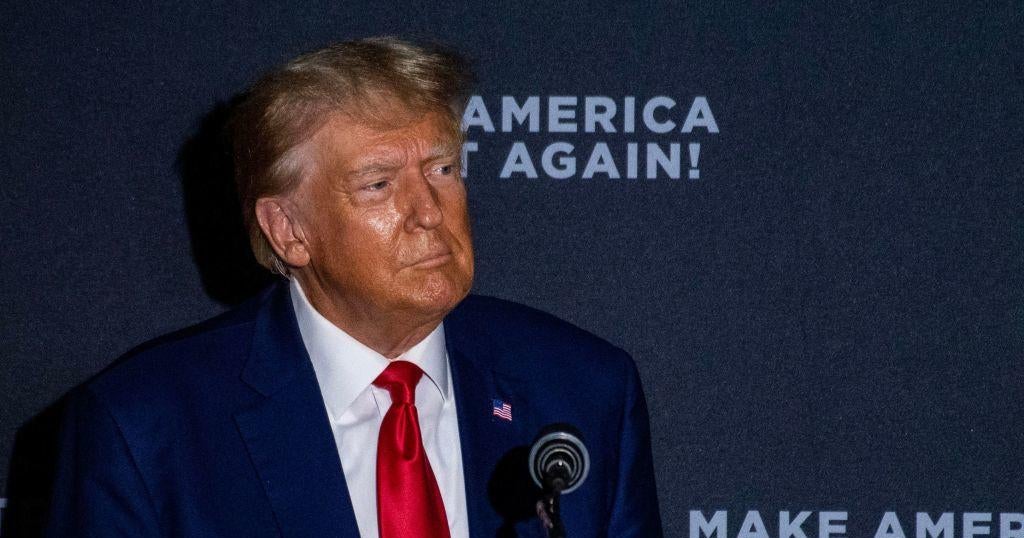A recently uncovered memo, written by an attorney aligned with former President Donald Trump, has shed new light on a strategy to use fake electors to disrupt the results of the 2020 election. The six-page memo, dated December 6, 2020, was authored by attorney Kenneth Chesebro and shared among members of the Trump campaign. The New York Times obtained and published the memo, revealing its contents for the first time.
The memo, signed by “K.C.,” was part of a series of memos created by Chesebro and conservative attorney John Eastman, which formed the legal basis for the unsuccessful fake elector scheme. The memo outlined a plan in which Trump supporters in contested states would organize to cast alternate electoral votes on December 14, one week after the legitimate Electoral College members would meet. These fake electors would then submit their own certifications, with the goal of having Vice President Mike Pence count these votes instead of the legitimate ones on January 6.
The memo also discussed the potential for the dispute to reach the Supreme Court, highlighting the strategy’s goal of drawing attention to alleged electoral abuses by the Democrats. Chesebro admitted that the plan was bold and controversial, but provided detailed steps for its execution.
The existence of the memo was mentioned in the recent federal indictment against former President Trump, who has pleaded not guilty and denies any wrongdoing. The memo was separate from another plan crafted by attorney John Eastman, which argued that Vice President Pence had the authority to intervene in the electoral count on January 6.
The published memo outlines key logistical details for organizing the fake electors and includes a “messaging” strategy to portray the scheme as a routine measure to ensure the correct electoral slate can be counted in Congress.
It is important to note that Chesebro has not been charged with a crime by the special counsel. However, the memo played a significant role in the indictment against former President Trump and others involved in the fraudulent elector effort.
The judge will hear arguments on a proposed protective order in Trump’s federal case on Friday in Washington, D.C. Prosecutors are concerned about the potential for improper disclosure of confidential evidence, while Trump’s attorneys argue that a broad protective order would infringe on his First Amendment rights.
Denial of responsibility! VigourTimes is an automatic aggregator of Global media. In each content, the hyperlink to the primary source is specified. All trademarks belong to their rightful owners, and all materials to their authors. For any complaint, please reach us at – [email protected]. We will take necessary action within 24 hours.


